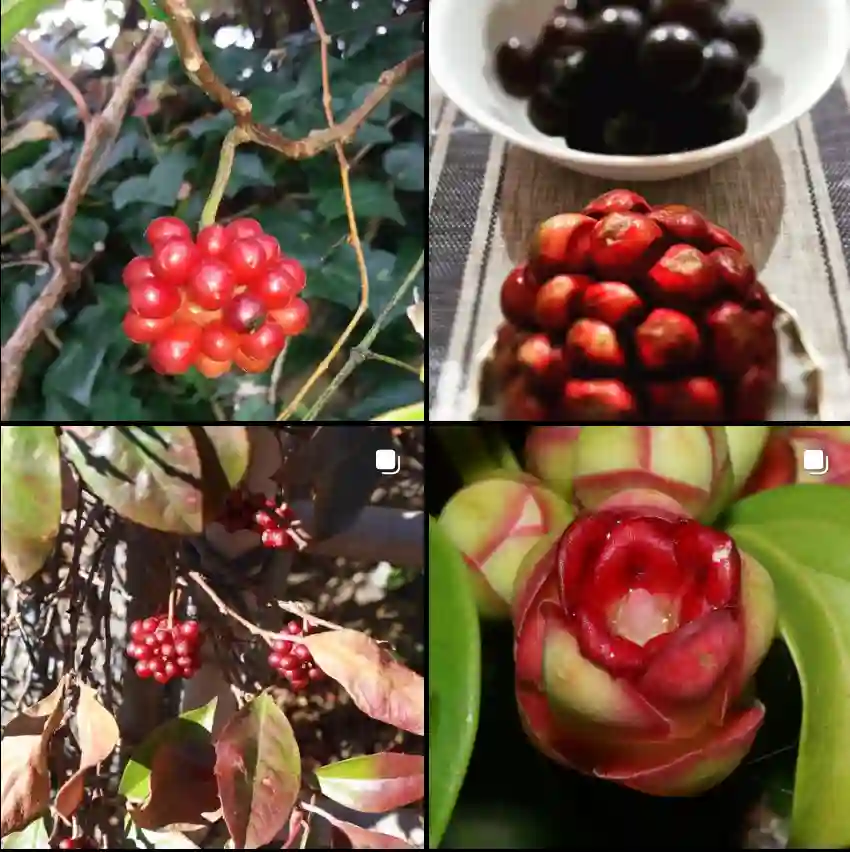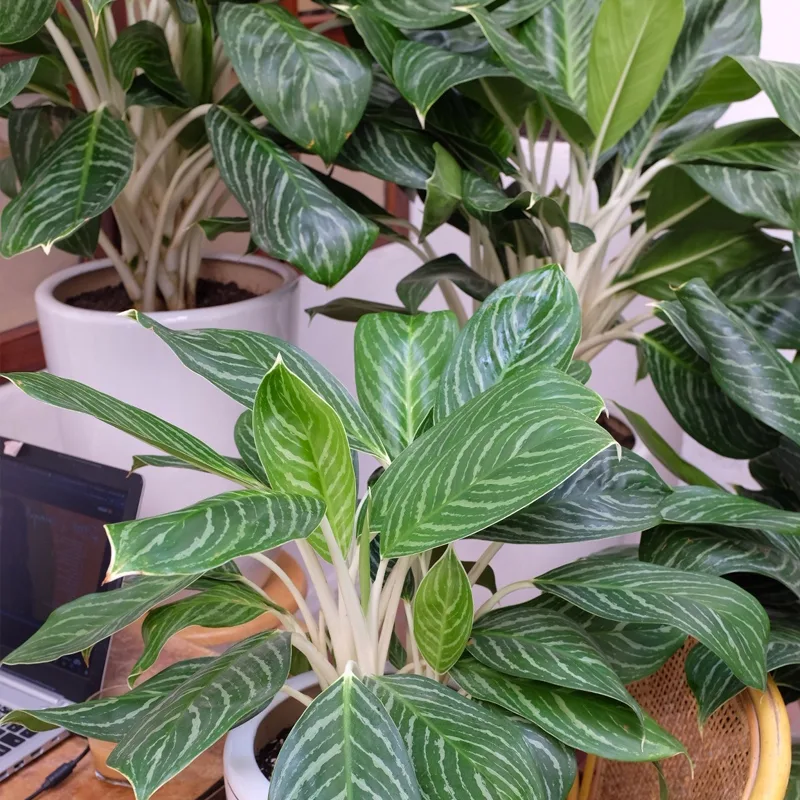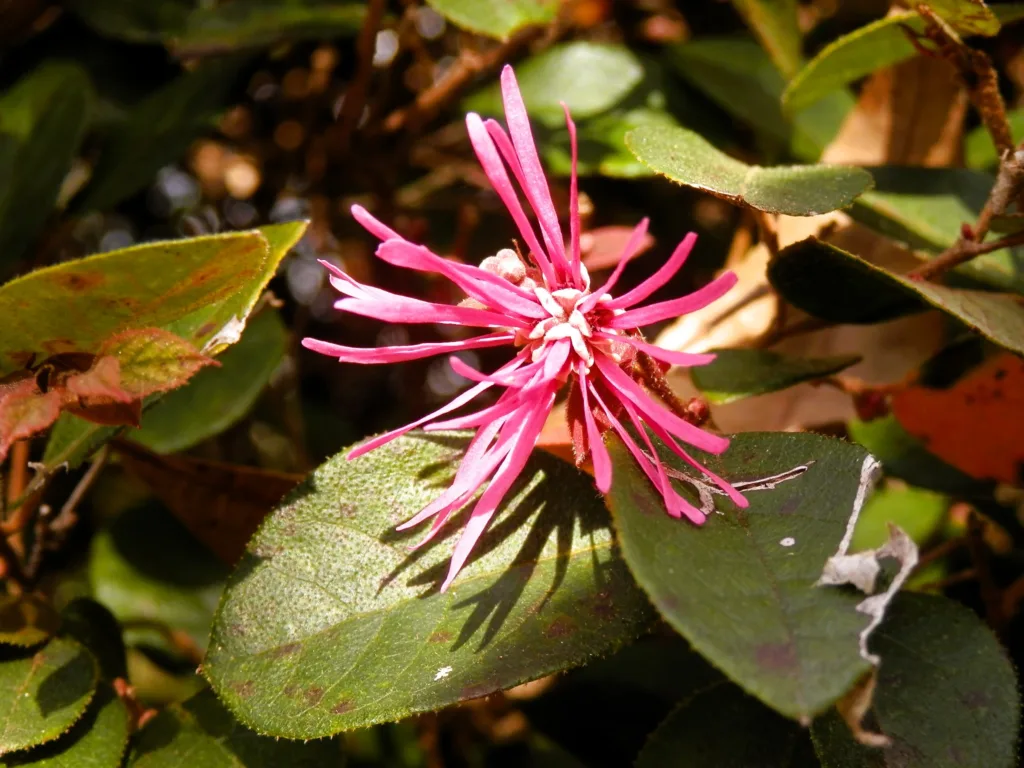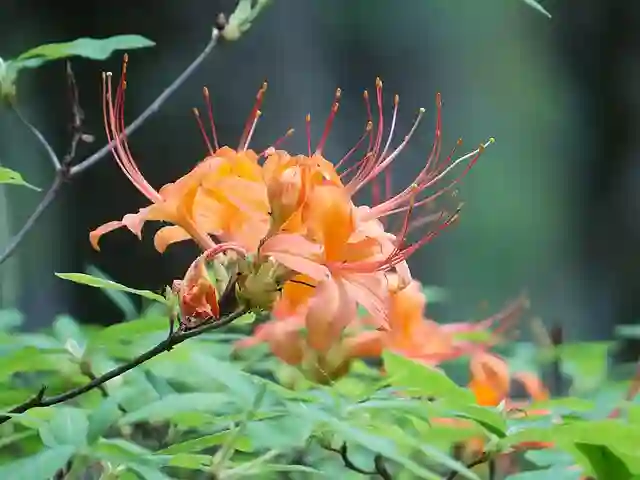Myriophyllum: A Deep Dive with Ferb Vu
The aquatic world holds a fascination for me, with its diverse life and hidden beauty. Among its many inhabitants, the genus Myriophyllum has always held a special place in my heart. These plants, commonly known as water milfoils, are a testament to nature’s artistry, with their delicate leaves and vibrant colors. Join me as we explore the intricacies of this fascinating genus.
What is Myriophyllum?
Myriophyllum is a genus of about 72 species of freshwater aquatic plants belong to the Haloragaceae family. They are cosmopolitan, meaning they are found across the globe. These plants are characterized by their feathery, whorled leaves that give them a unique, almost ethereal appearance.
Diving Deeper: A Look at the Species
The diversity within the Myriophyllum genus is truly remarkable. Here are:
- Myriophyllum spicatum (Eurasian watermilfoil): This species is known for its invasive nature. Its rapid growth can often outcompete native plants, disrupting aquatic ecosystems.
- Myriophyllum aquaticum (Parrot’s feather): This species is popular in aquariums and ponds, prized for its feathery, bright green foliage. However, it can also be invasive in some regions. Plant FAQs: Myriophyllum Aquaticum – Parrot’s Feather
- Myriophyllum mattogrossense: This South American species is a favorite among aquarists for its vibrant red stems and delicate green leaves. It adds a touch of the exotic to any underwater landscape.
- Myriophyllum heterophyllum (Variable watermilfoil): True to its name, this species exhibits a variety of leaf forms, making it a fascinating subject for botanists and hobbyists alike.
- Myriophyllum alpinum Orchard
- Myriophyllum alterniflorum DC.
- Myriophyllum amphibium Labill.
- Myriophyllum artesium Halford & Fensham
- Myriophyllum austropygmaeum Orchard
- Myriophyllum axilliflorum Baker
- Myriophyllum bonii Tardieu
- Myriophyllum callitrichoides Orchard
- Myriophyllum caput-medusae Orchard
- Myriophyllum coronatum Meijden
- Myriophyllum costatum Orchard
- Myriophyllum crispatum Orchard
- Myriophyllum decussatum Orchard
- Myriophyllum dicoccum F.Muell.
- Myriophyllum drummondii Benth.
- Myriophyllum echinatum Orchard
- Myriophyllum exasperatum D.Wang, D.Yu & Z.Yu Li
- Myriophyllum farwellii Morong
- Myriophyllum filiforme Benth.
- Myriophyllum foveicola M.D.Barrett, M.L.Moody & R.L.Barrett
- Myriophyllum glomeratum Schindl.
- Myriophyllum gracile Benth.
- Myriophyllum hippuroides Nutt.
- Myriophyllum humile (Raf.) Morong
- Myriophyllum implicatum Orchard
- Myriophyllum indicum Willd.
- Myriophyllum integrifolium (Hook.f.) Hook.f.
- Myriophyllum intermedium DC.
- Myriophyllum jacobsii M.L.Moody
- Myriophyllum lapidicola Orchard
- Myriophyllum latifolium F.Muell.
- Myriophyllum laxum Shuttlew. ex Chapm.
- Myriophyllum limnophilum Orchard
- Myriophyllum lophatum Orchard
- Myriophyllum mezianum Schindl.
- Myriophyllum muelleri Sond.
- Myriophyllum muricatum Orchard
- Myriophyllum oguraense Miki
- Myriophyllum oliganthum (Wight & Arn.) F.Muell.
- Myriophyllum papillosum Orchard
- Myriophyllum pedunculatum Hook.f.
- Myriophyllum petraeum Orchard
- Myriophyllum pinnatum (Walter) Britton, Sterns & Poggenb.
- Myriophyllum porcatum Orchard
- Myriophyllum propinquum A.Cunn.
- Myriophyllum pygmaeum Mattf.
- Myriophyllum quitense Kunth
- Myriophyllum robustum Hook.f.
- Myriophyllum rubricaule Valk. & Duist.
- Myriophyllum salsugineum Orchard
- Myriophyllum siamense (Craib) Tardieu
- Myriophyllum sibiricum Kom.
- Myriophyllum simulans Orchard
- Myriophyllum sparsiflorum C.Wright
- Myriophyllum striatocarpum M.D.Barrett, M.L.Moody & R.L.Barrett
- Myriophyllum striatum Orchard
- Myriophyllum tenellum Bigelow
- Myriophyllum tetrandrum Roxb.
- Myriophyllum tillaeoides Diels
- Myriophyllum trachycarpum F.Muell.
- Myriophyllum trifidum (Nees) M.L.Moody & Les
- Myriophyllum triphyllum Orchard
- Myriophyllum tuberculatum Roxb.
- Myriophyllum ussuriense (Regel) Maxim.
- Myriophyllum variifolium Hook.f.
- Myriophyllum verrucosum Lindl.
- Myriophyllum verticillatum L.
- Myriophyllum votschii Schindl.
Why Myriophyllum Matters
Beyond their aesthetic appeal, Myriophyllum species play a crucial role in aquatic ecosystems. They provide habitat and food for various aquatic organisms, contributing to the overall health and biodiversity of these environments. However, it’s important to acknowledge the potential invasiveness of some species. Understanding their growth habits and ecological impact is crucial for responsible management and conservation efforts.
My Personal Connection
My interest in Myriophyllum stems from a childhood fascination with aquatic life. I spent countless hours exploring ponds and streams, marveling at the underwater world. The delicate beauty of Myriophyllum, swaying gracefully in the current, always captivated me. This early fascination sparked a lifelong interest in botany and aquatic ecology.
I believe that appreciating the beauty and complexity of the natural world is essential for fostering a sense of wonder and responsibility towards our planet. Myriophyllum, with its diverse forms and ecological significance, serves as a reminder of the intricate connections that exist within nature.
Looking Ahead
As our understanding of Myriophyllum grows, so too does our ability to appreciate and protect these fascinating plants. Continued research into their taxonomy, ecology, and potential uses will be crucial for ensuring their conservation and sustainable management.
I encourage everyone to take a moment to appreciate the beauty and diversity of Myriophyllum. Whether you encounter them in a local pond, an aquarium, or a botanical garden, these plants offer a glimpse into the wonders of the aquatic world. Let’s work together to ensure that future generations can continue to marvel at the delicate beauty of Myriophyllum.
If i die, water my plants!



